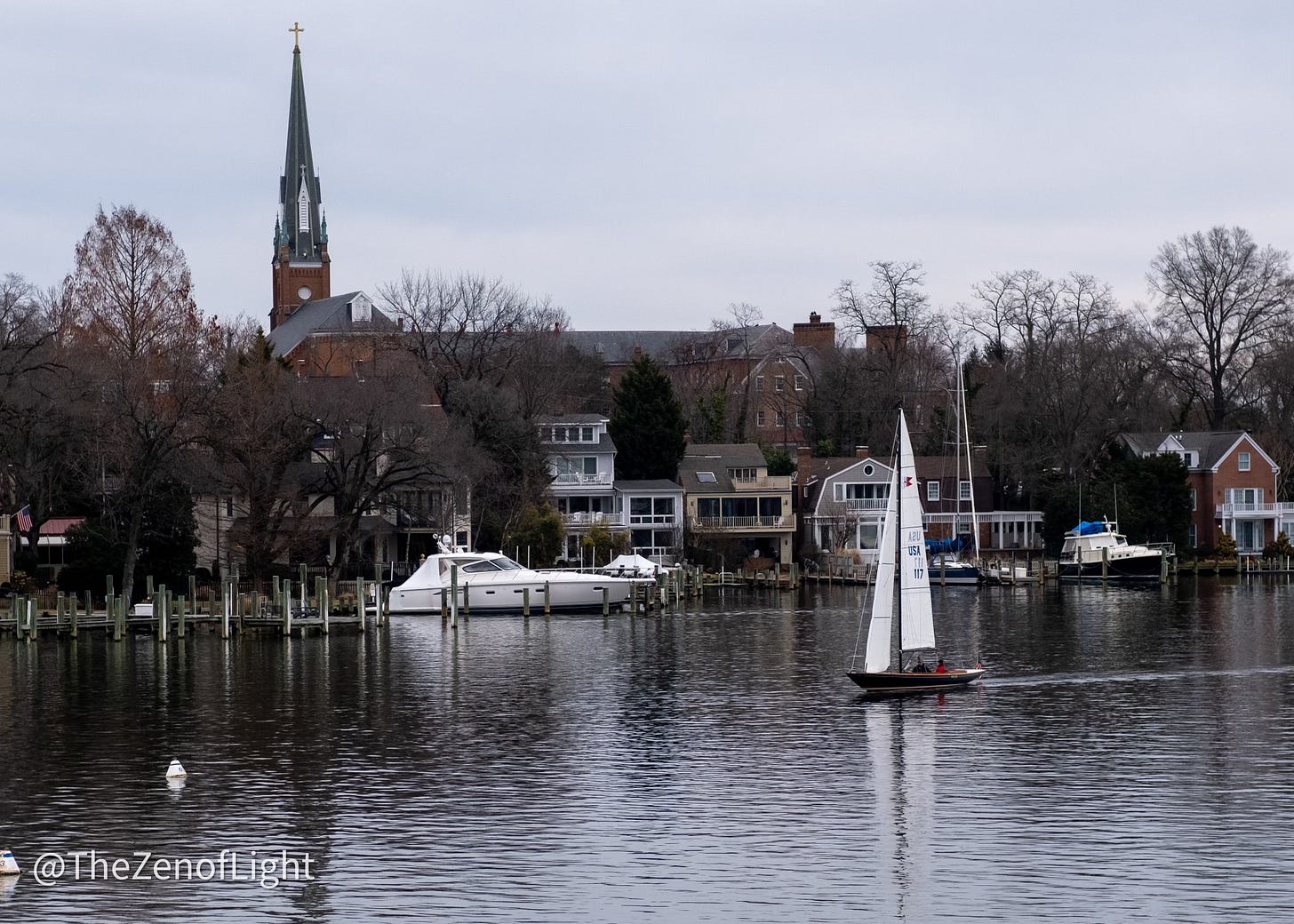Pakistan was the remainder of the British empire on the Subcontinent dedicated to a country for Muslims men and women following the Partition in August 1947. It’s not as if all Subcontinent Muslims went to one country while all Hindus went elsewhere as India itself still had a more than 172 million Muslims in the 2023 census; India thus is home to the third largest Islamic population in the world, greater than the populations of the Kingdom of Saudi Arabia, the Islamic Republic of Iran, or any other states except Indonesia (279 million) or Pakistan (242 million).
Pakistan originally consisted of two entities, West and East Pakistan, with India sprawling between them. That Partition of 1947 was painful, violent, and confusing as Muslim leaders struggled to assure their future in the aftermath of acute sectarian violence as the British withdrew. The fictionalised 1984 British television series, The Jewel in the Crown, illustrated powerfully the religious hatred layered on the fury of centuries of British colonialisation. Hatred nor violence ended with the founding of new countries.
East Pakistan became independent in 1971 following a difficult quarter century as a component of the divided entity because of its heavily Bengali culture, language, and geography rather fitting easily into the Urdu-speaking West.
While India adopted a secular democracy which endures today, Pakistan still struggles mightily seventy-five years later. India’s armed forces remain tightly bound by that country’s civilian rulers who never appear to doubt their overall power. Pakistan remains plagued by a series of core challenges for each and every government. A fundamental problem is that the country is a broadly linked series of regions without much coherence except religion and former colonial status, undermining nation-building under even the best of circumstances. Delhi’s looming presence along Pakistan’s entire eastern border always looms because of India’s size advantage in virtually everything: population, land mass, armed forces, economy, and even its own enormous Islamic numbers. The Indira Gandhi government decision to conduct of a ‘peaceful nuclear explosion’ on 19 May 1974 only exacerbated Islamabad’s anxieties about survival.
Pakistan has had a series of civilian leaders but no dynasties like the Gandhi family or even the increasingly extended rule by Modi. The Bhutto family put forth two generations of leaders with democratic aspirations: Ali, a prime minister during the 1970s, died in prison while his daughter died Benazir’s at a rally in 2007. Both antagonised the military with their popular approaches and both suffered condemnations for suspected corrupt behaviour.
Pakistani institutions developed through fits and starts rather than with national support. The Pakistani bureaucracy, such as that of the intelligence community known as the ISI, endures but remains interwoven with corruption, regional tensions, and various political parties rather than as non-partisan administrators.
The Pakistani military has often seized power, ostensibly because of existential threats to the nation’s sovereignty. Pakistan has been under military rule for some portion of each of the decades following the 1950s. A parliamentary democracy, like India and Britain, Pakistan’s inability to generate unimpuned national candidates in a truly open and competitive manner over these decades only made the military’s argument more plausible. Nuclear weapons on both sides of the India-Pakistan border remain potential reasons for the armed forces’ argument to rule periodically because too many disputes between the neighbours reignite easily. Kashmir, for example, is still a bloody and disputed state decades after the Indians seized it in 1947.
Today’s news that the P.T.I. opposition party, led by jailed former footballer Imran Khan, surprisingly outpolled the military’s preferred party is yet a further iteration of the instability plaguing this relatively poor nation. Khan’s jail sentence did not deter the voters from providing his party with a huge portion—yet not an outright majority—of the seats in the Lower House of Parliament while the military’s preferred party, under former Prime Minister Nawaz Sharif, won 24 seats fewer. The remaining 7 contested seats won’t be sufficient to overcome Khan’s unexpected popularity and vote count. I doubt the military will let things stand without some activity of their own but it’s not clear what that will entail.
Pakistan thus continues its uncharted and chaotic path. Another constitutional crisis, the phenomena appearing with each illegal seizure of power, seems unavoidable as the PTI is on a collision course with other elements in society determined to limit Khan’s role.
This matters to the United States yet it is a repeating problem. Pakistan in 2024 is one of Beijing’s closer relationships to keep India focused on the border between Islamabad and Delhi rather than freeing Modi to pursue steps which could undermine China’s interests. Islamabad has been a major recipient of Belt & Road spending so Beijing is also invested in infrastructure which could help Chinese products expanding into this region. Pakistan also borders Iran so I hypothesise western intelligence services seek to retain some visibility from Pakistan across the border into the eastern portion of the Islamic Republic. Pakistan also, of course, still has a long, relatively open border with Afghanistan and the anti-western forces still linked to the Taliban ruling in Kabul.
Those interests do not mean I am suggesting we take steps to intervene in Pakistan’s turmoil. I most definitely am not. There is a distinction between being aware of events underway and actively trying to control them. I believe our ability to influence internal Pakistani events has been limited over decades with no additional tools available to us now. We have no serious ability to create an outcome that unquestionably favours U.S. interests.
Nuclear weapons mandate we pay attention, however. The two nuclear countries in that portion of the world came close to conflict after Pakistani terrorists attacked the Parliament and Mumbai in 2003. The two nations too often seem only to ready to take the worst interpretation of any situation to saber rattle. Outsiders intervening in the electoral crisis could create suspicions about India’s role which lead to worse bilateral conditions.
Thoughts? Rebuttals? Questions? I welcome your feedback today. I also hope you have better suggestions as this is a vast place with a geopolitical importance. Thank you for reading ACC today so spur further discussion.
We had some hopeful signs this afternoon in Eastport.
Cats outdoors!
Colour!
Best of all, a sailboat fully ready for action.
Thank you again. Be safe and be well. FIN







My jury has been "out" on the U.S. / Pakistan relationship for some years. Even during the height of the war in Afghanistan, it seemed they played both sides against each other for their own advantage which I suppose could be expected. The NYT published an article by Jane Perlez along those lines in August 2021 after the Taliban took over Kabul. Of note in the article was this statement: "...it was a relationship riven by duplicity and divided interests from its very start after 9/11. Not least, the Afghan Taliban the Americans were fighting are, in large part, a creation of Pakistan's intelligence service, the I.S.I, which through the course of the war nurtured and protected Taliban assets inside Pakistan." And further in: "Though Pakistan was supposed to by an American ally, it always worked toward its own interests, as nations do." Bingo! China is indeed attempting to gain even stronger footholds into Pakistan via investment and to further solidify their patronage. The article states they call themselves as "close as lips and teeth."
The old saying of... with those kinds of "friends", who needs enemies comes to mind. But from your comments regarding nuclear capability, the big question I keep wrestling with is... why hasn't one of the more questionable possessors of nuclear power used it yet? 9 countries have nuclear weapons capability. From that list, N. Korea and Pakistan seem the most worrisome. Russia & China seem to understand the consequences of a first-strike nuclear engagement and appear to still be balanced in their use along with the democratic countries... even including India. But as turbulent as Pakistan is with its neighbors... and the wild card, N. Korea... I just don't know what's keeping them from pushing the button to prove a point.